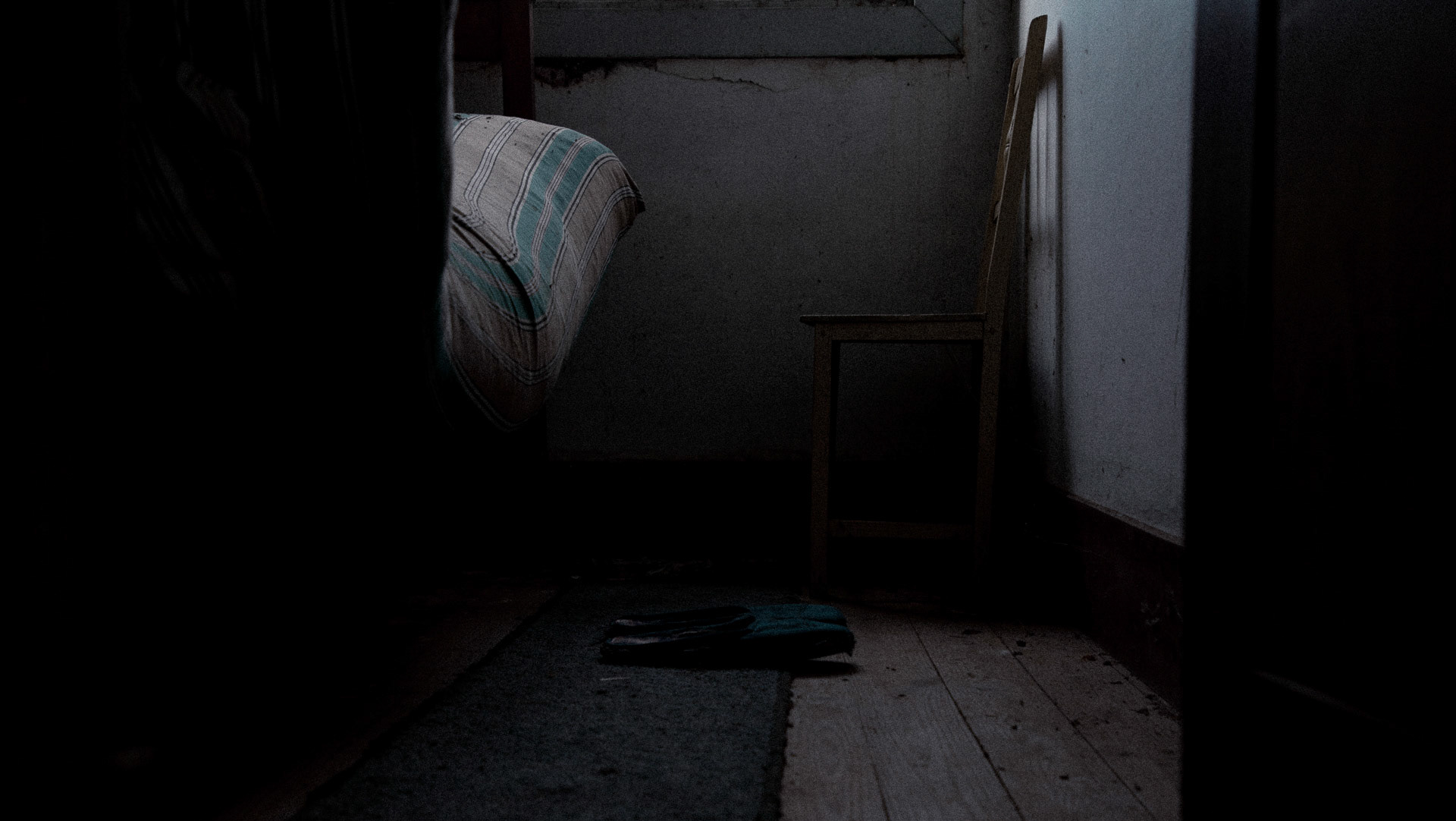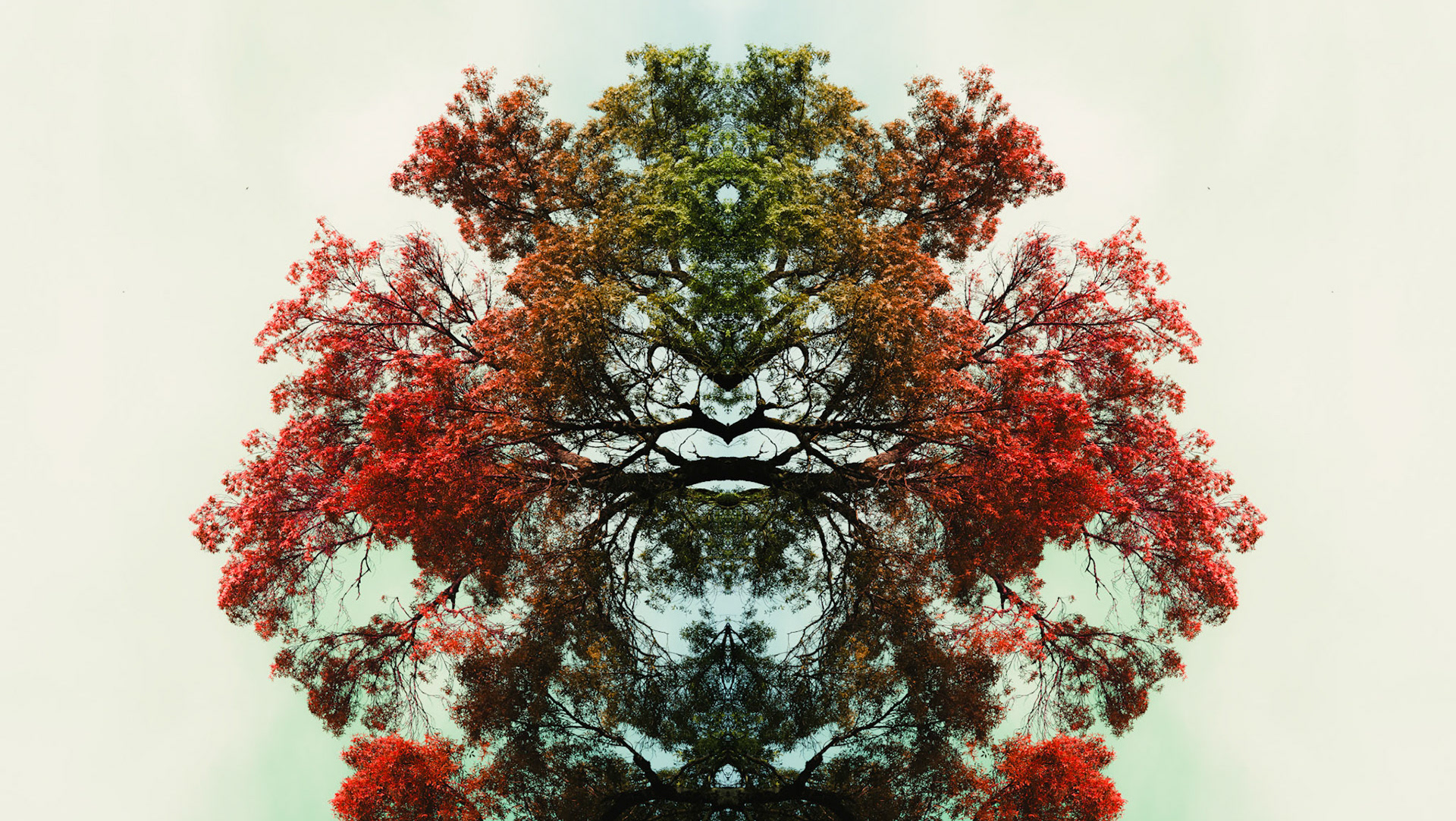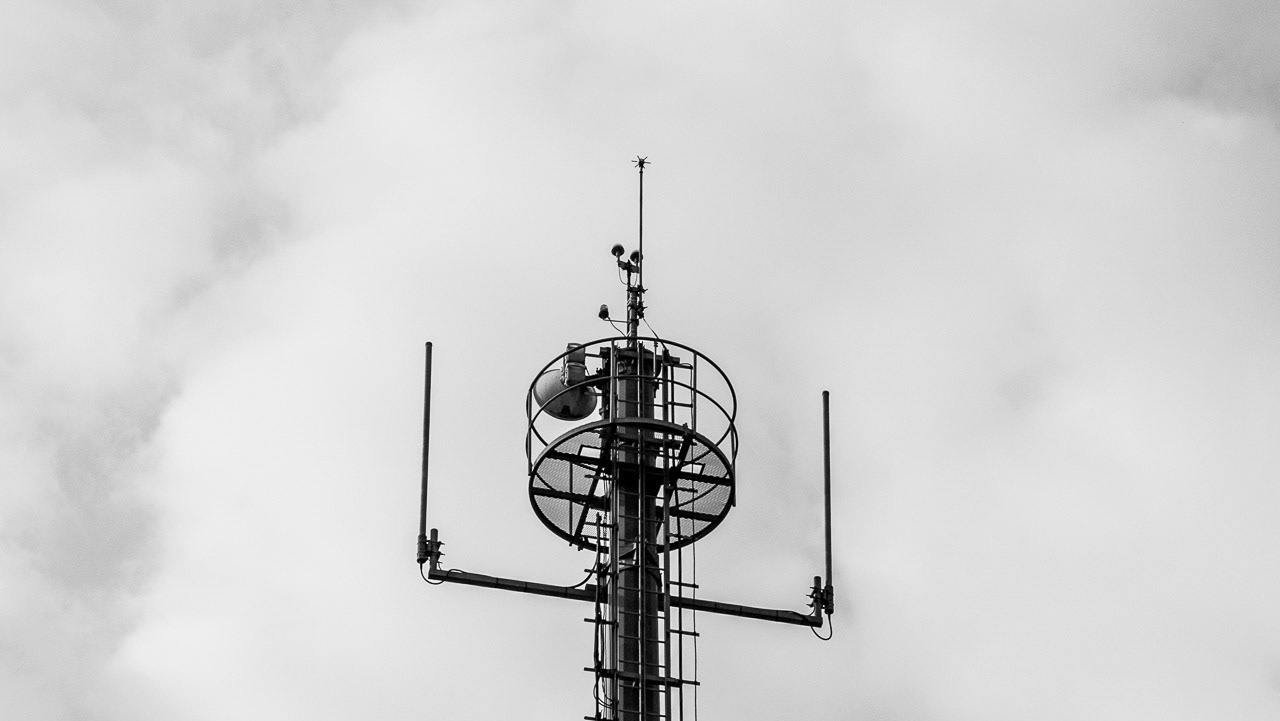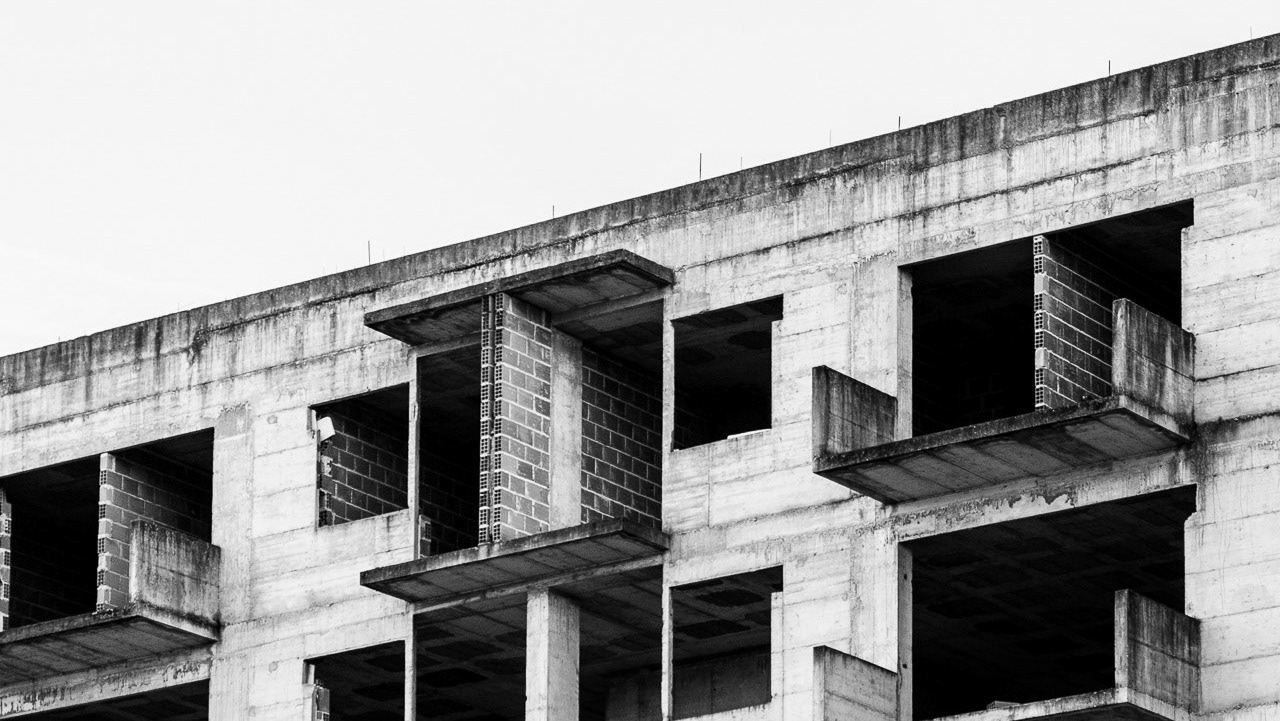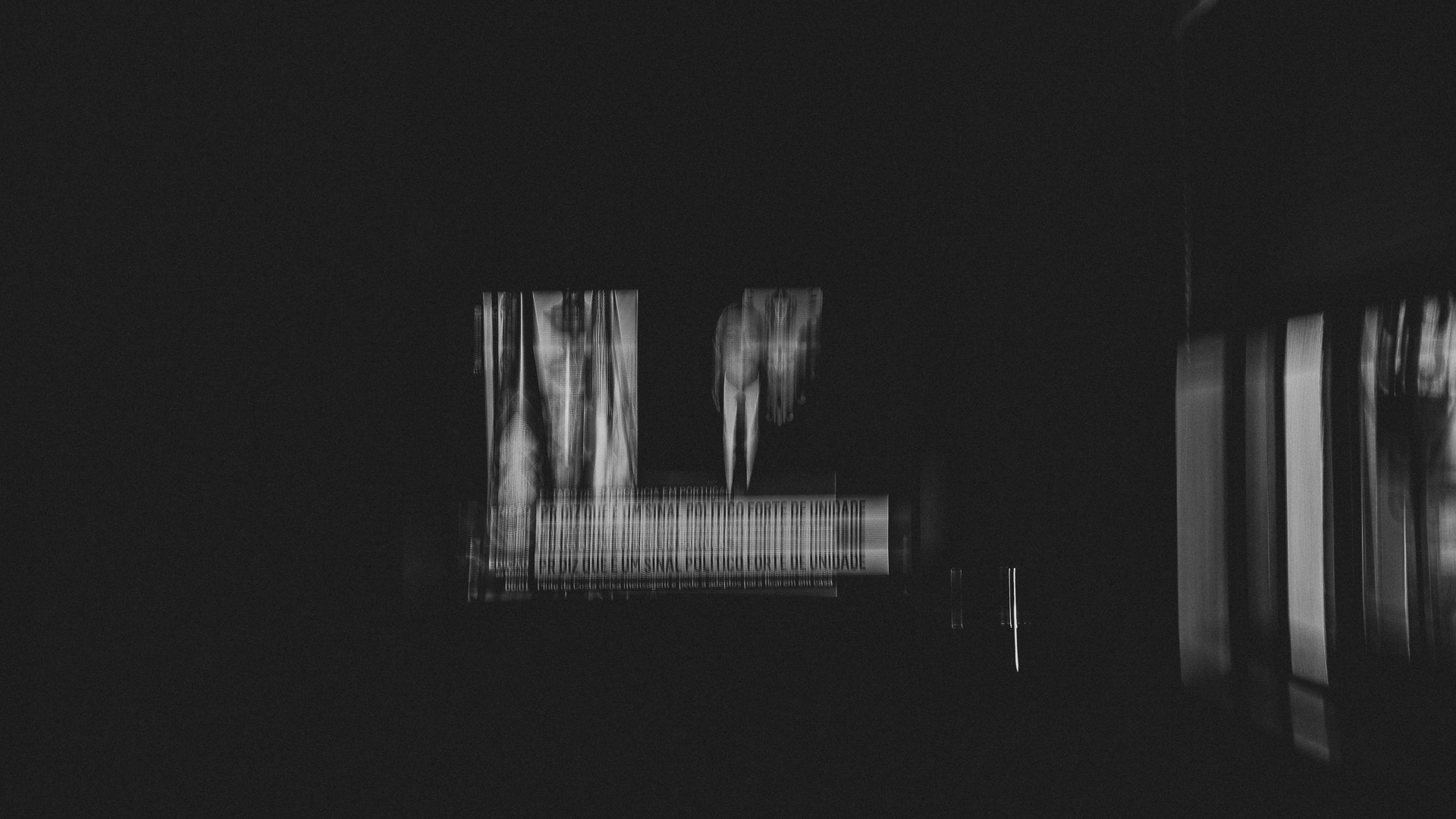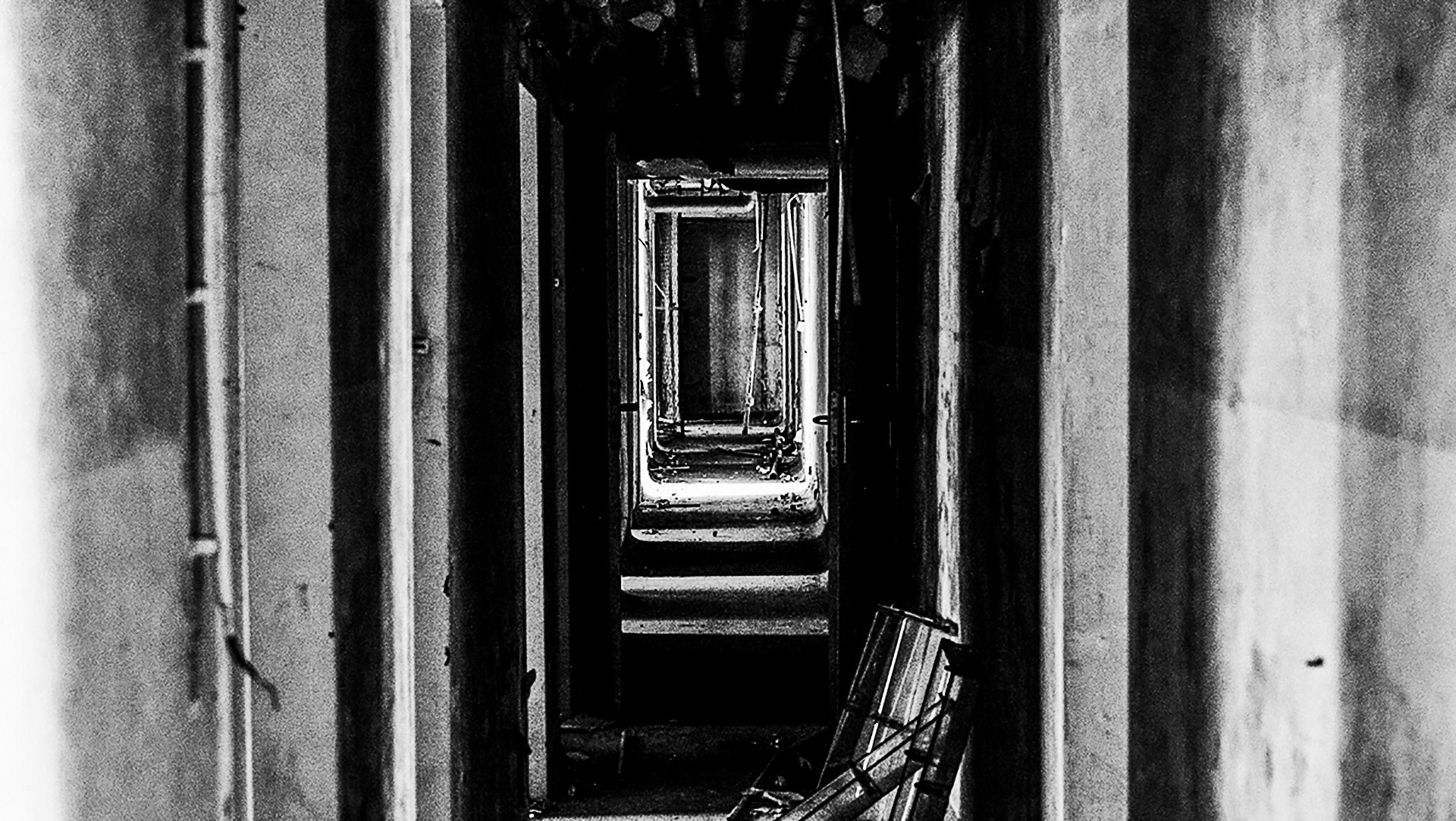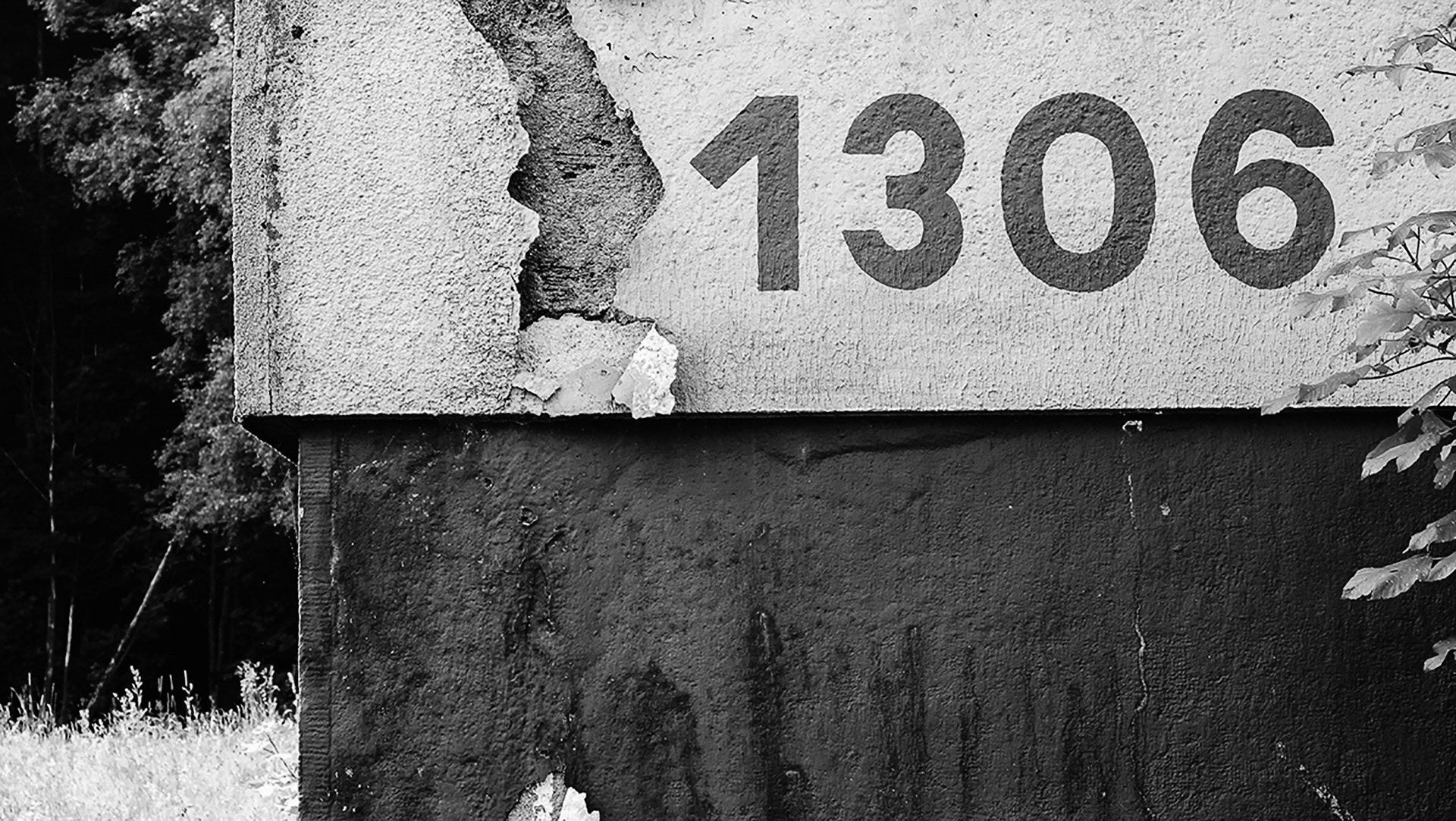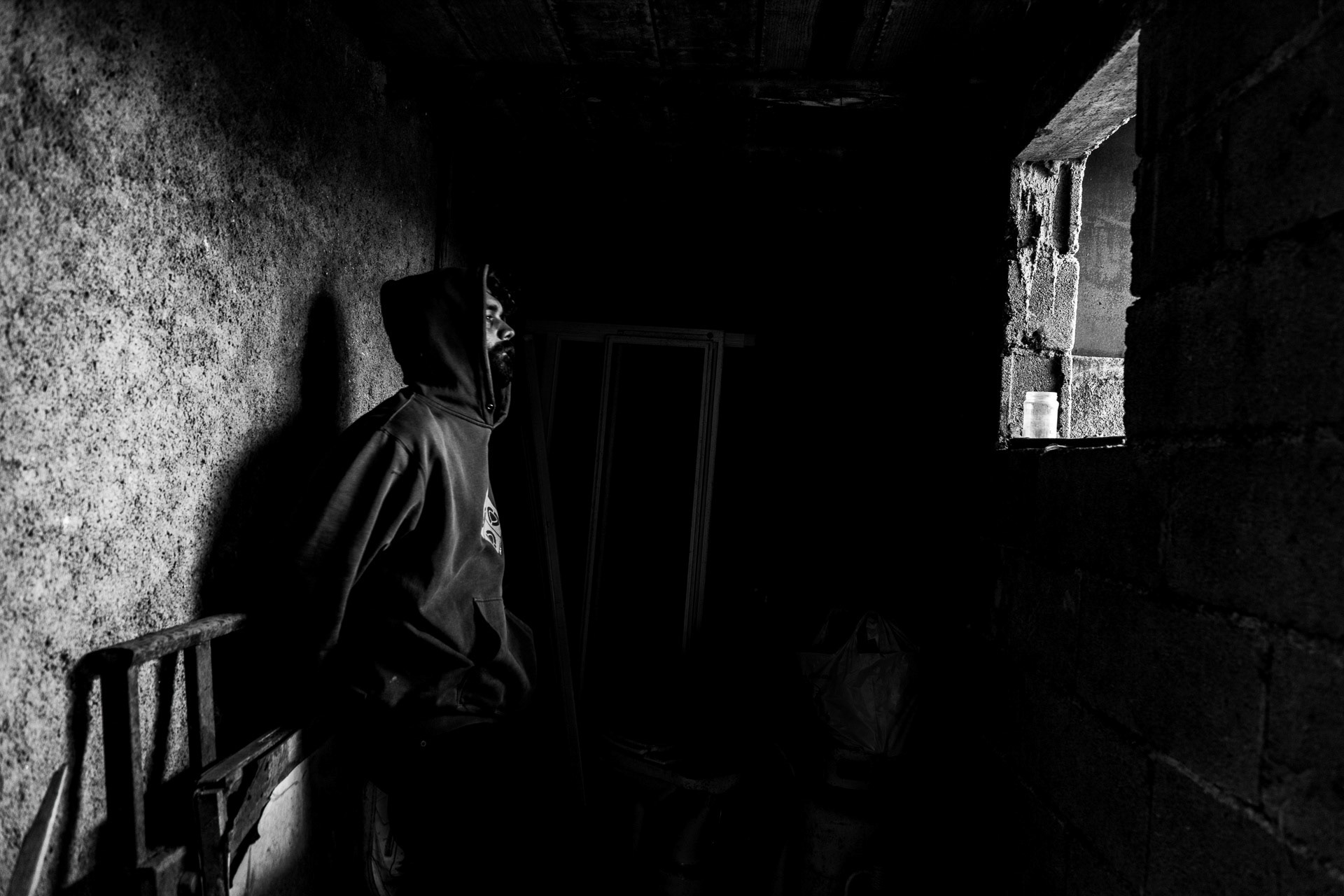
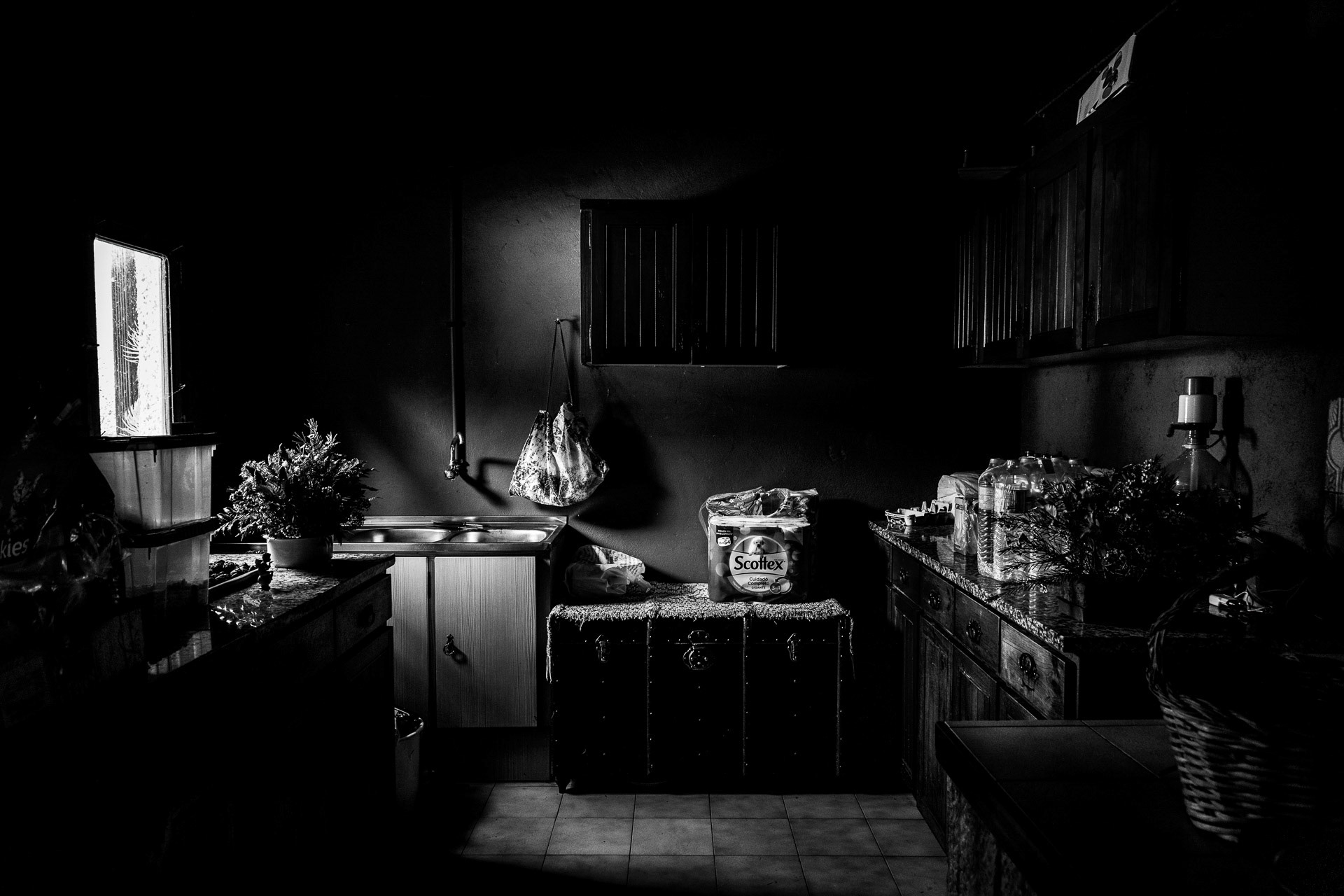
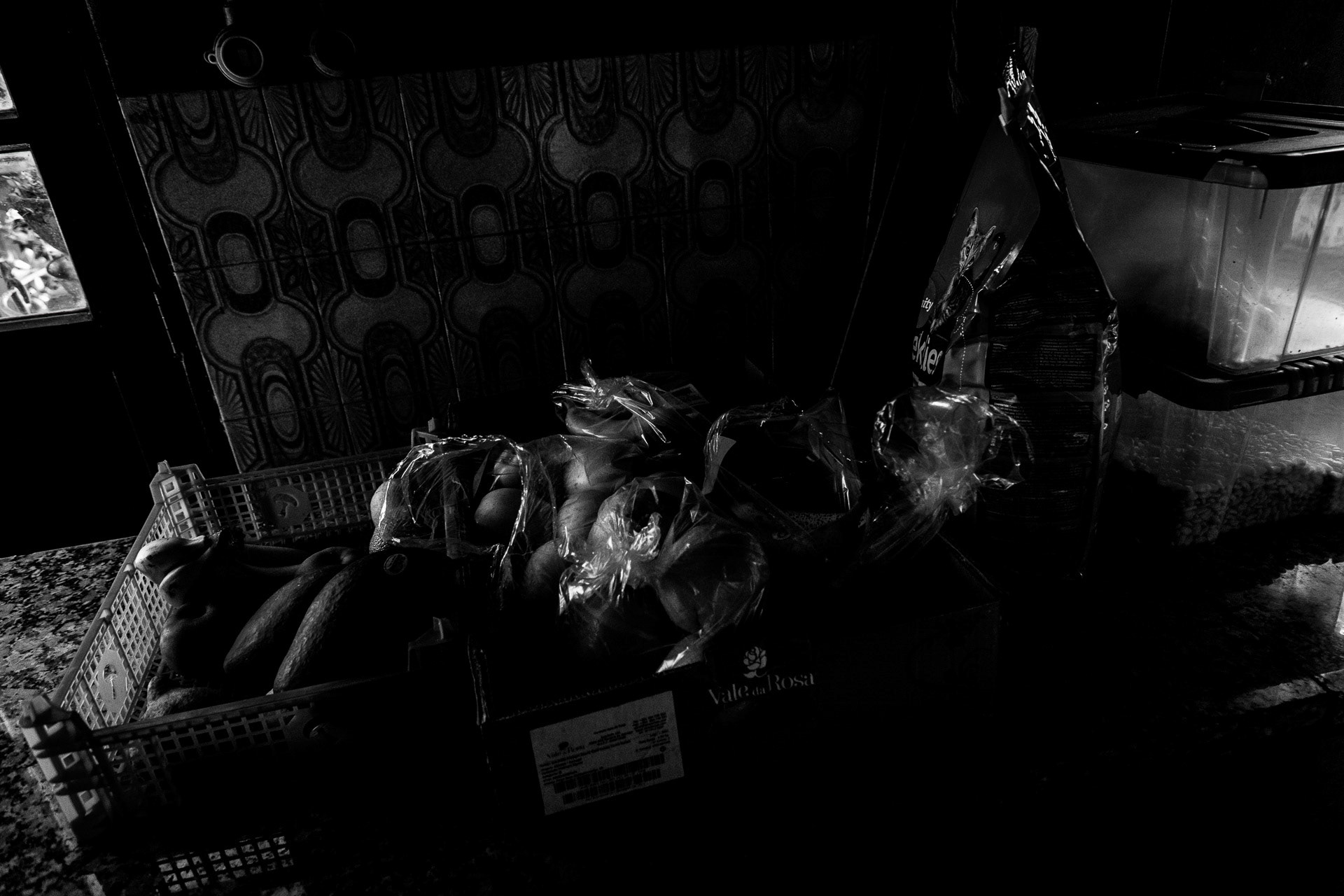
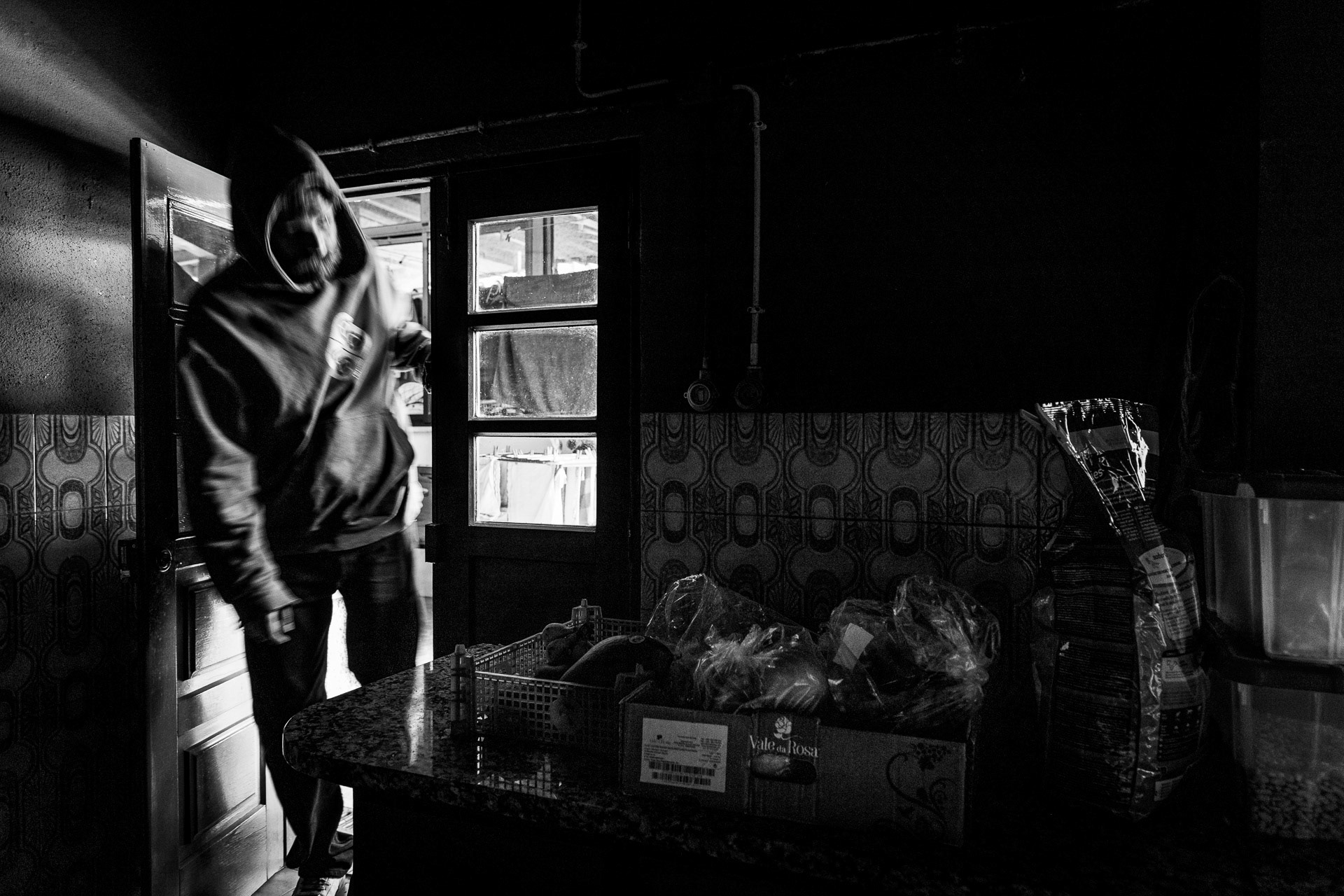
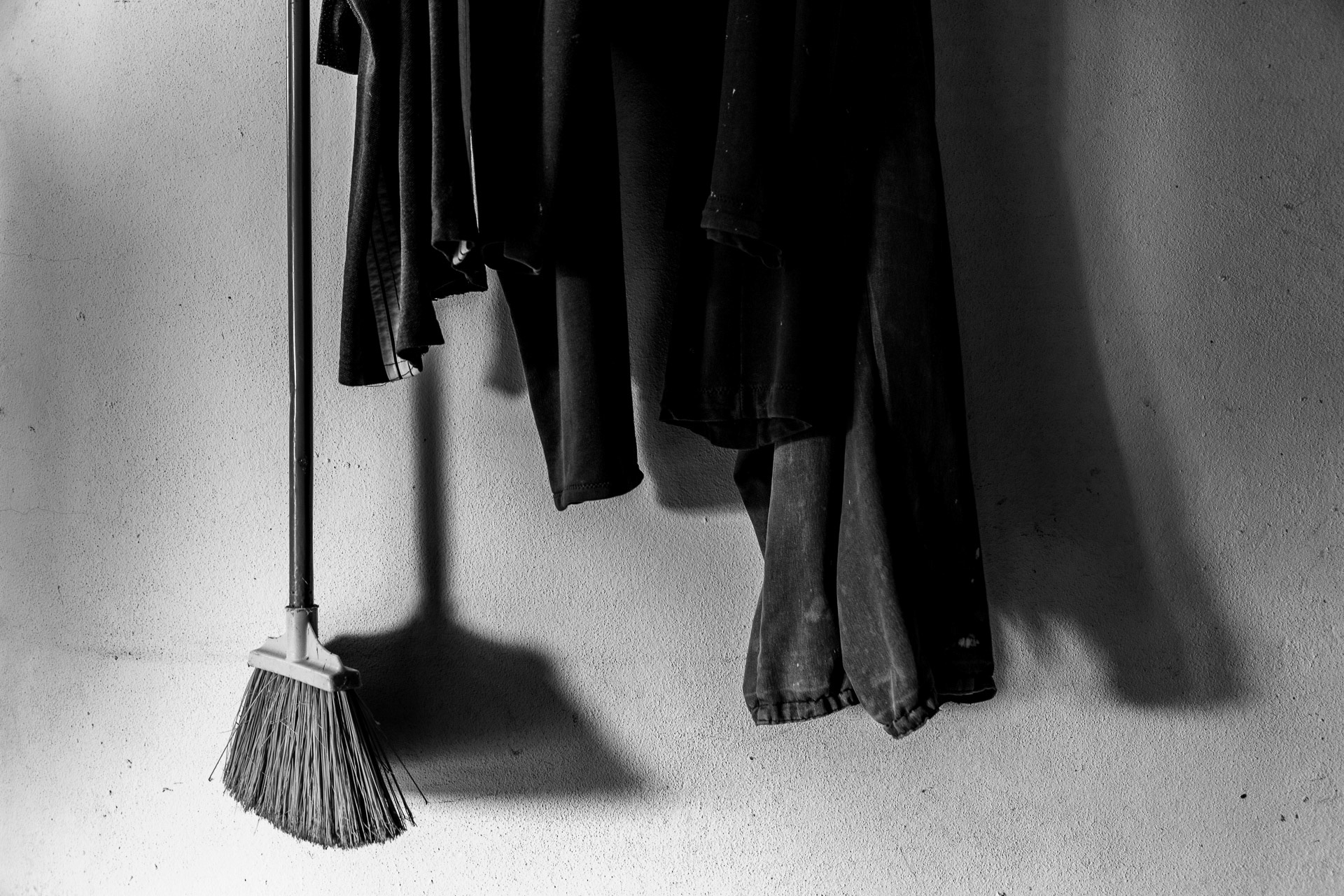
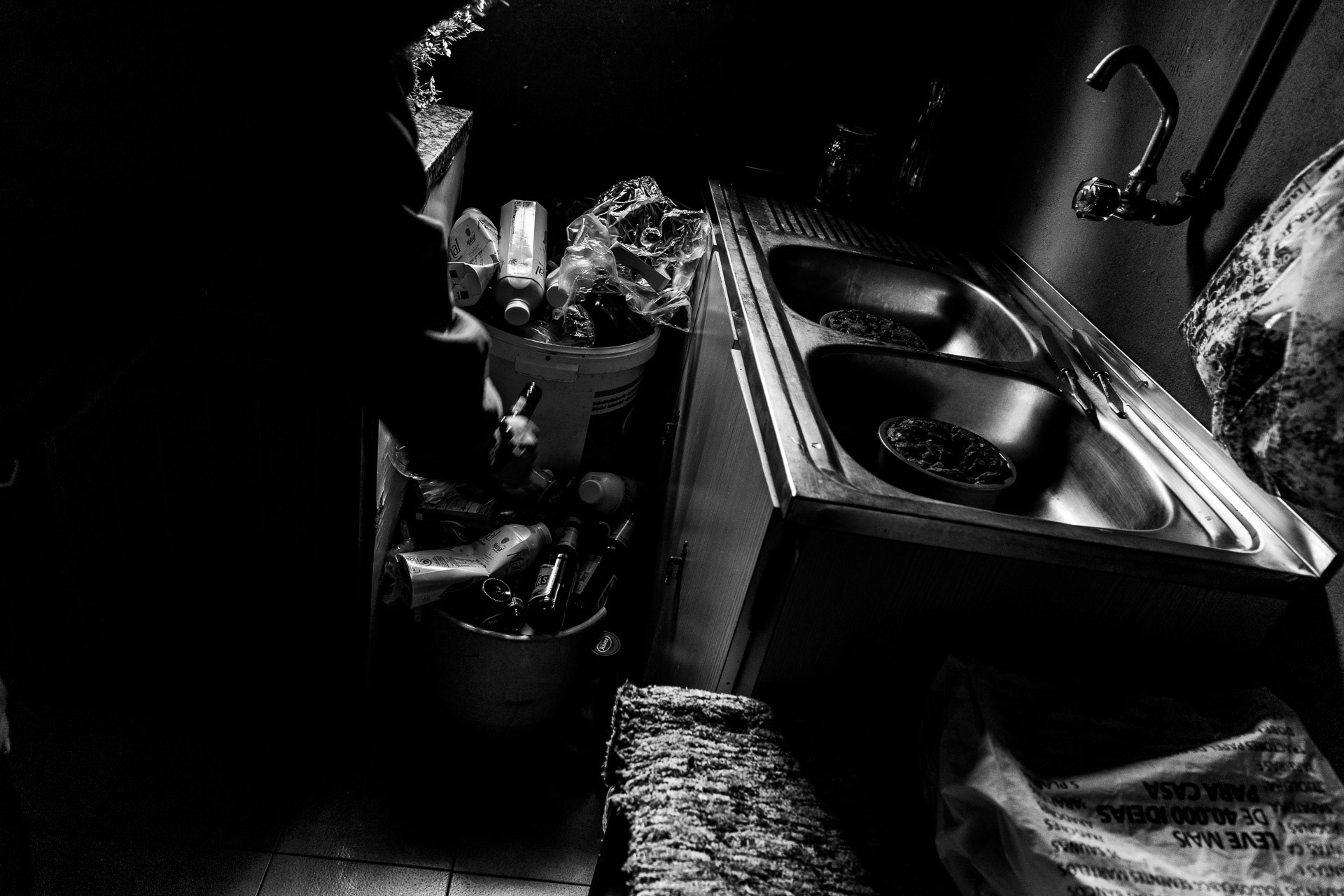
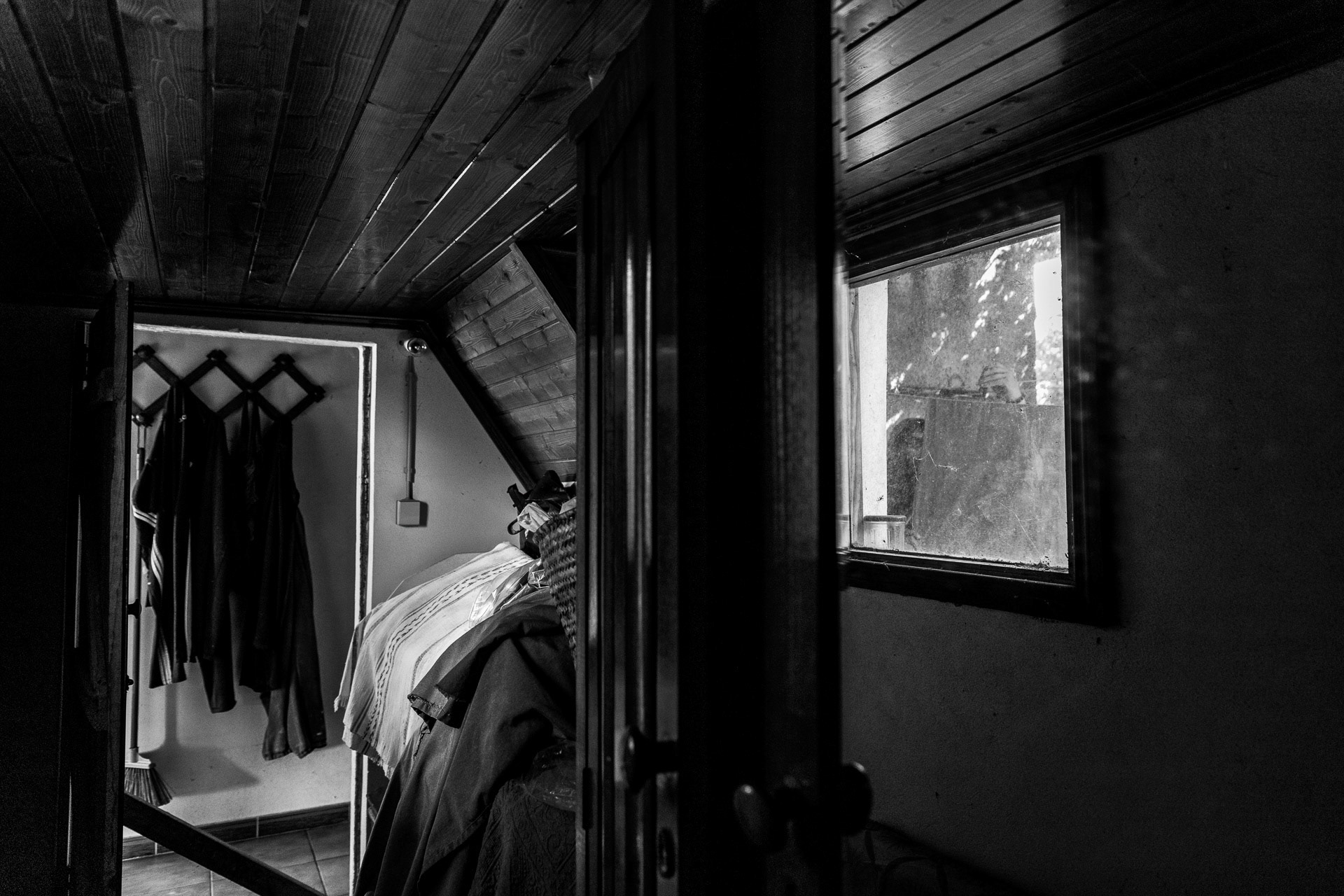
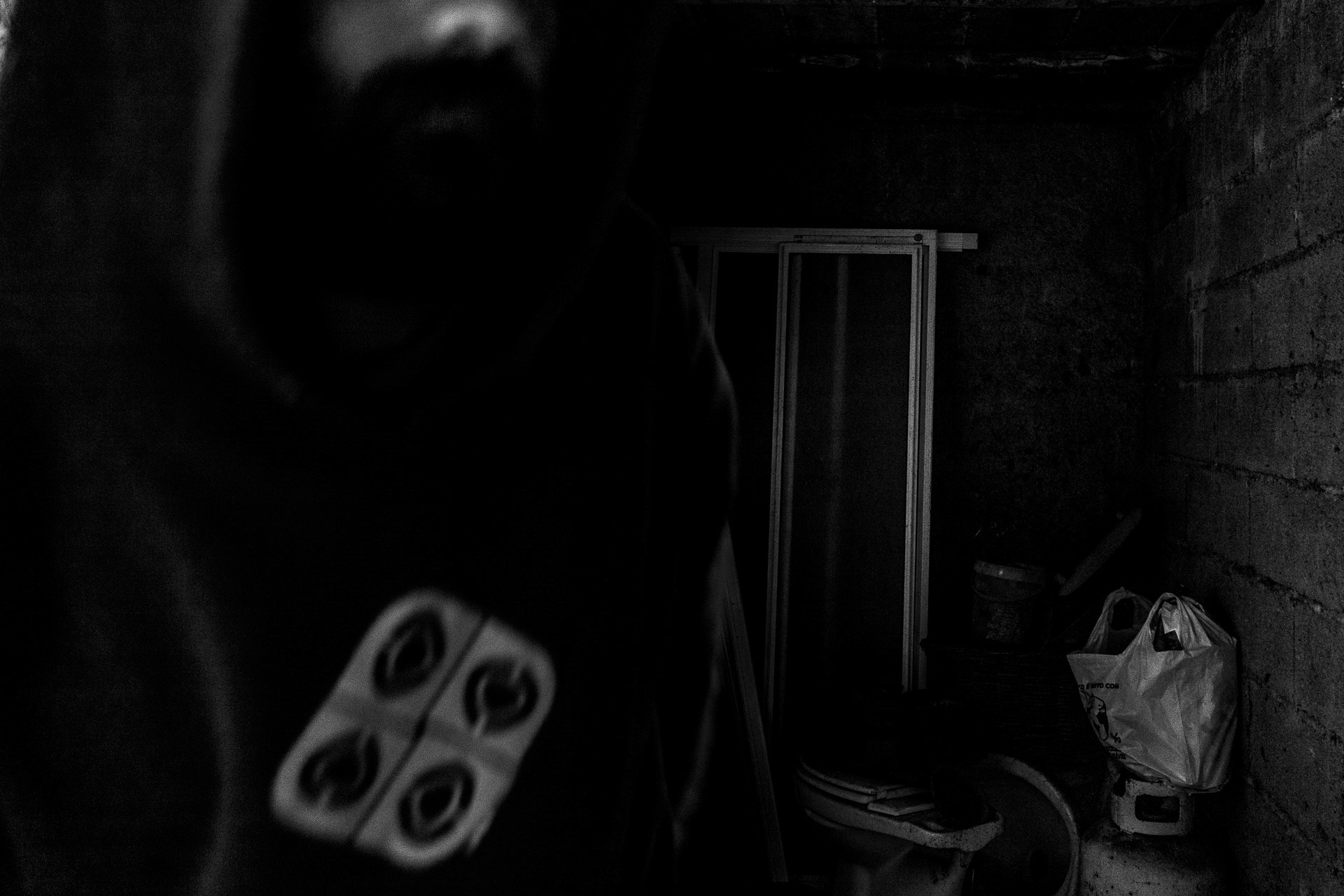
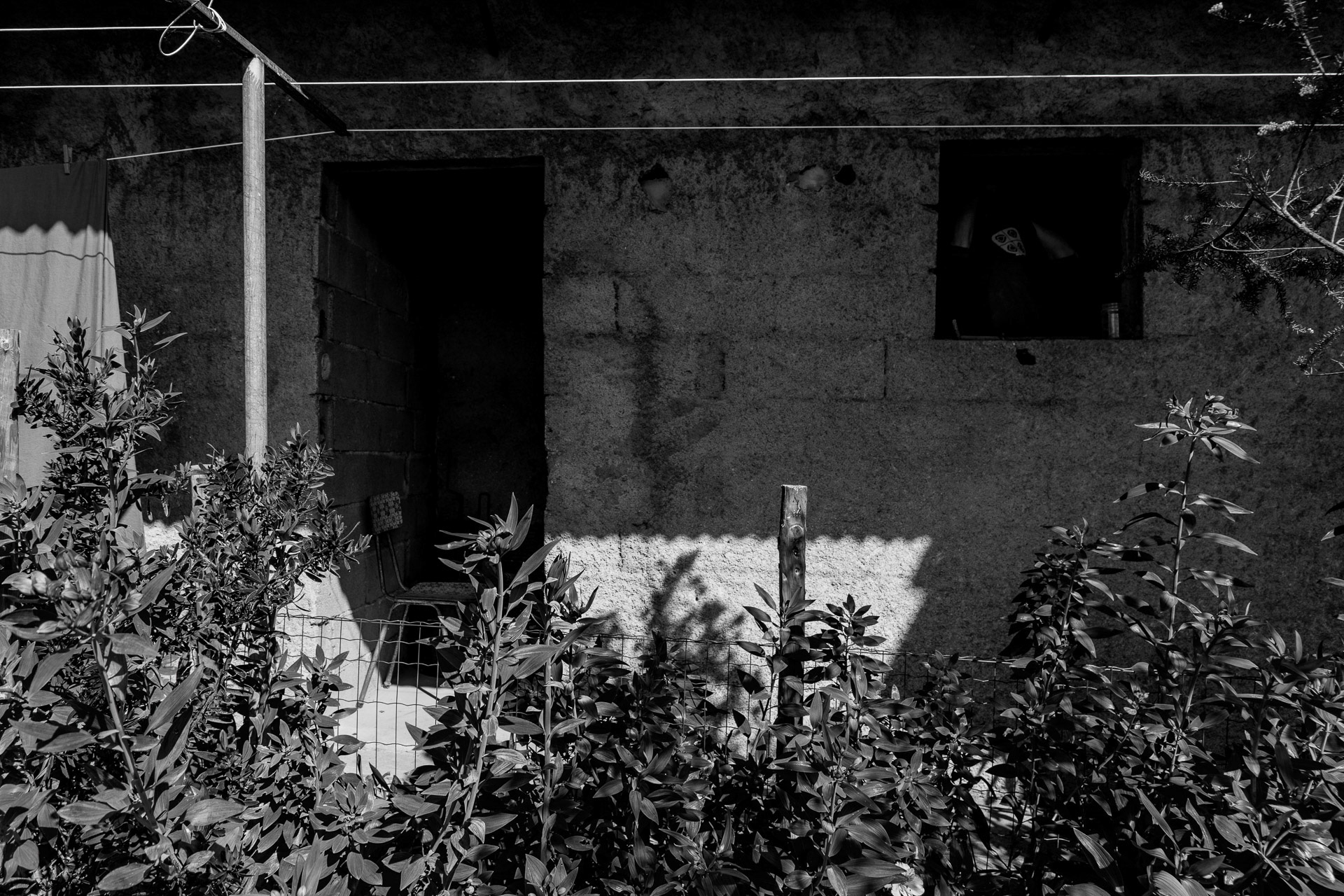
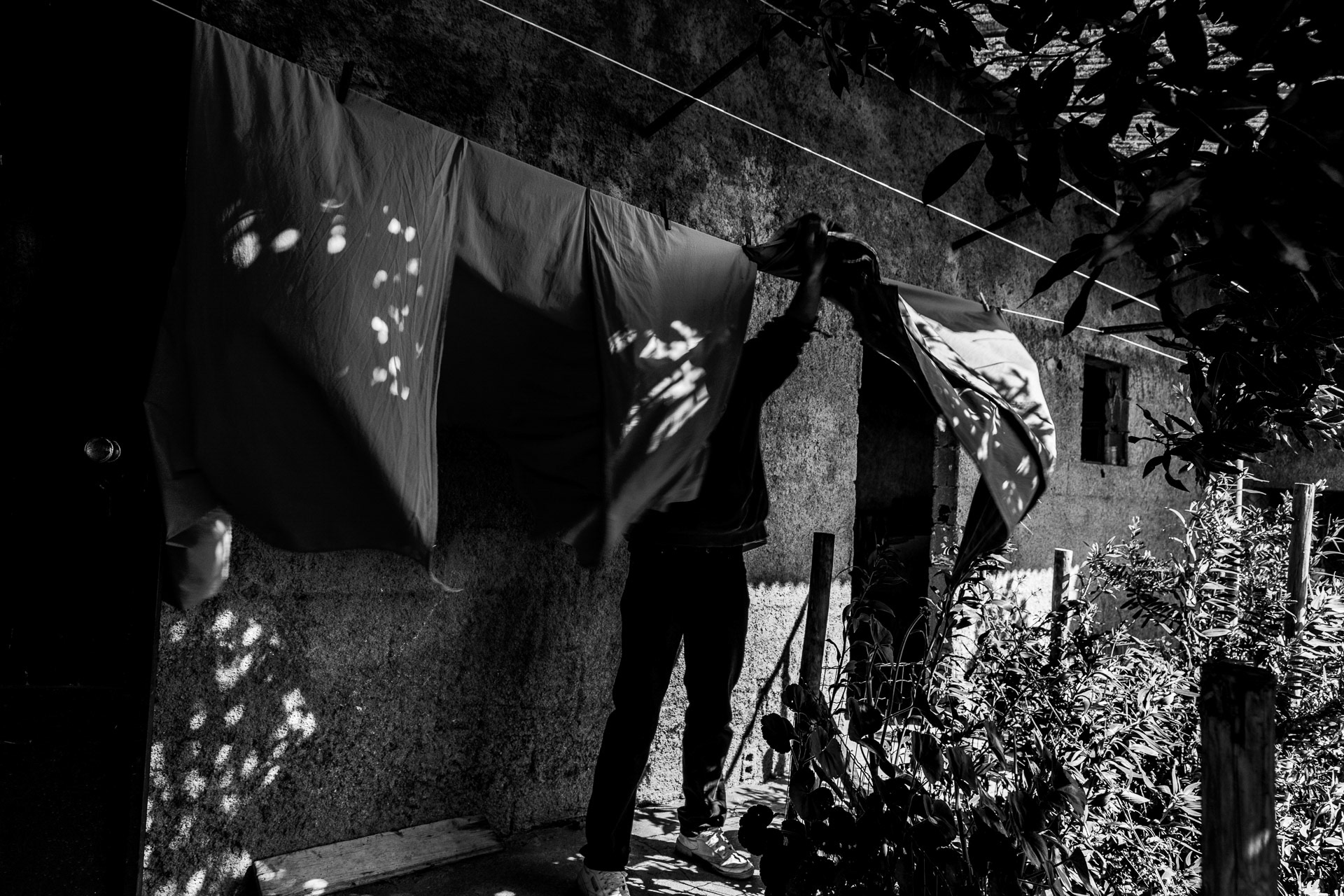
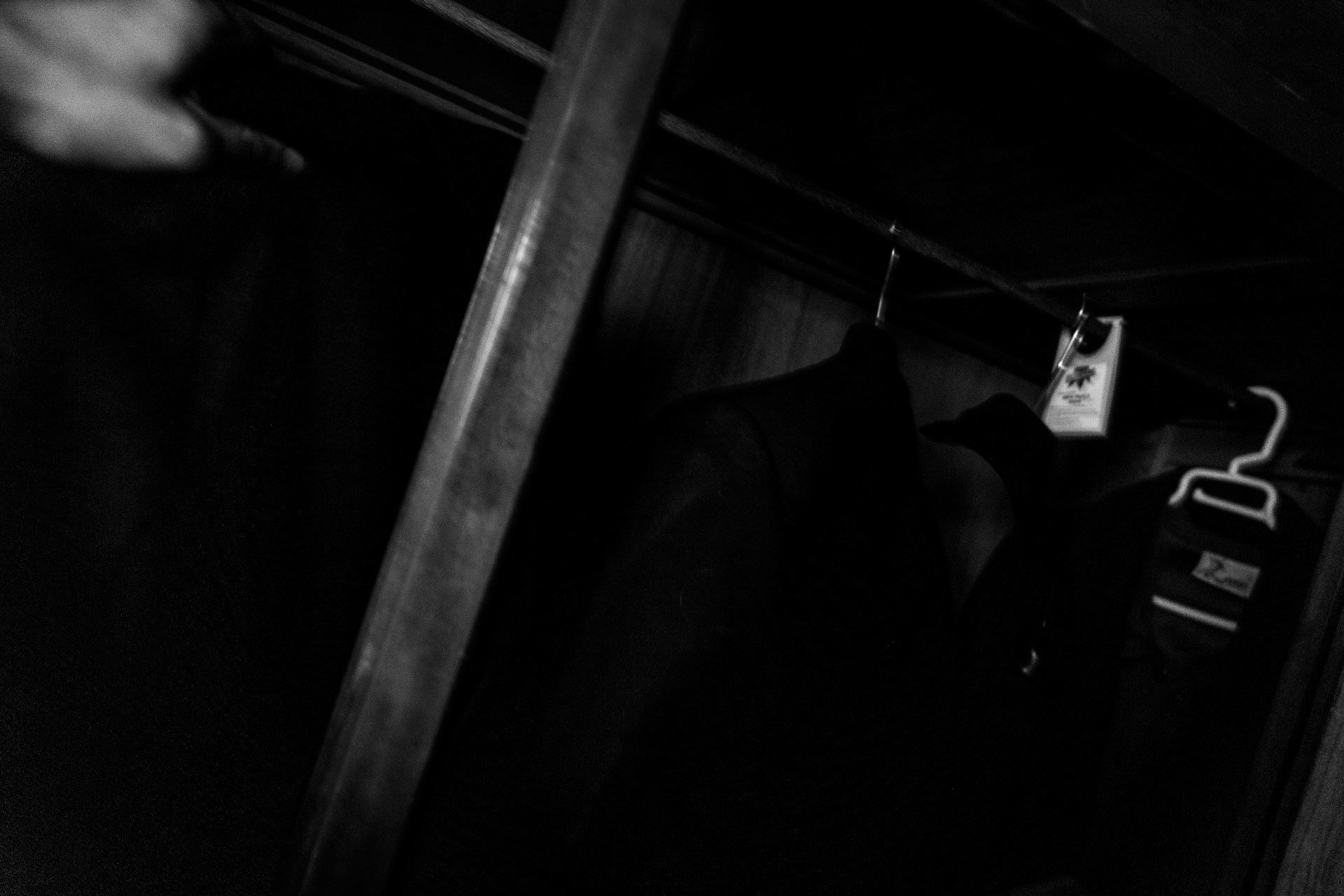
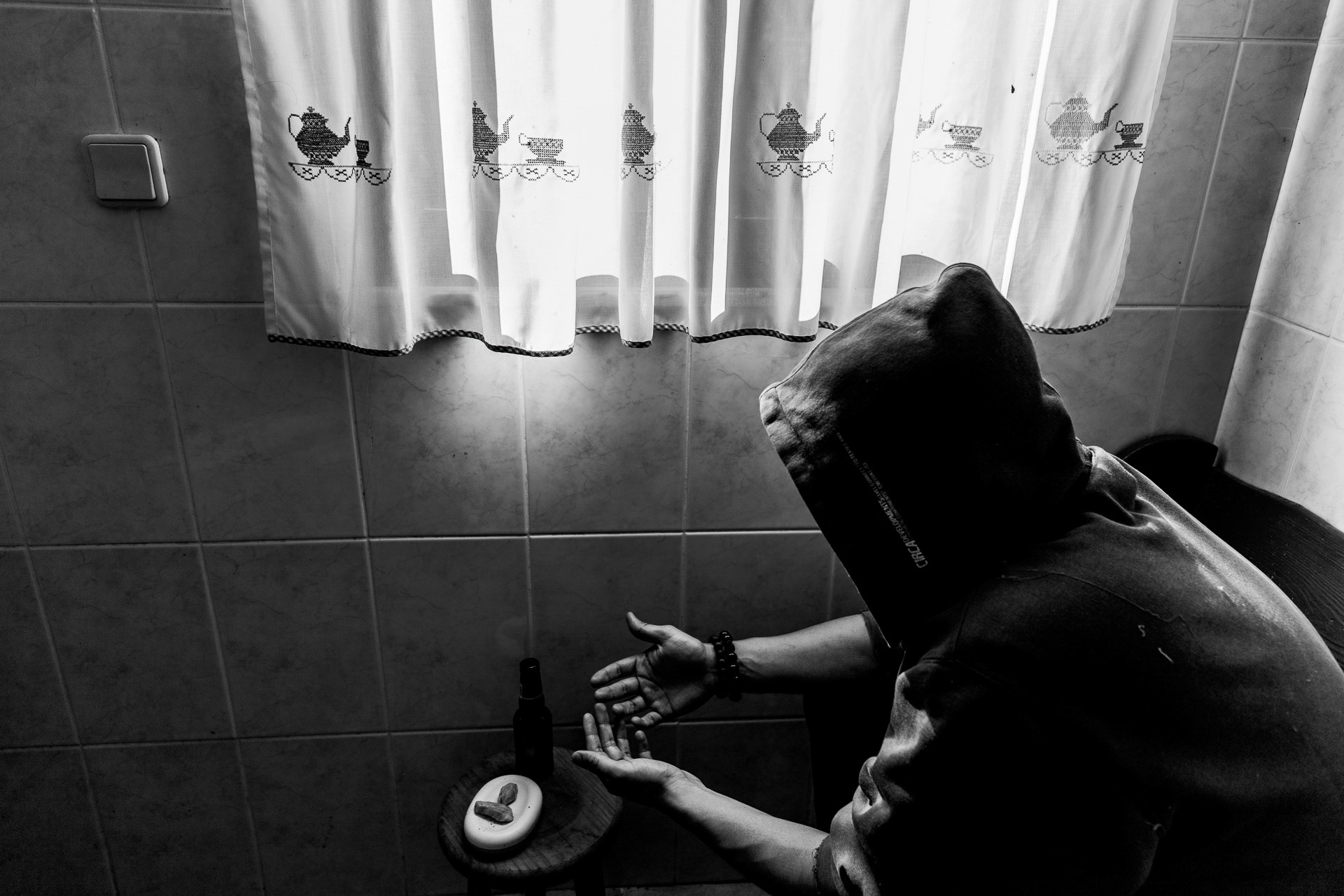
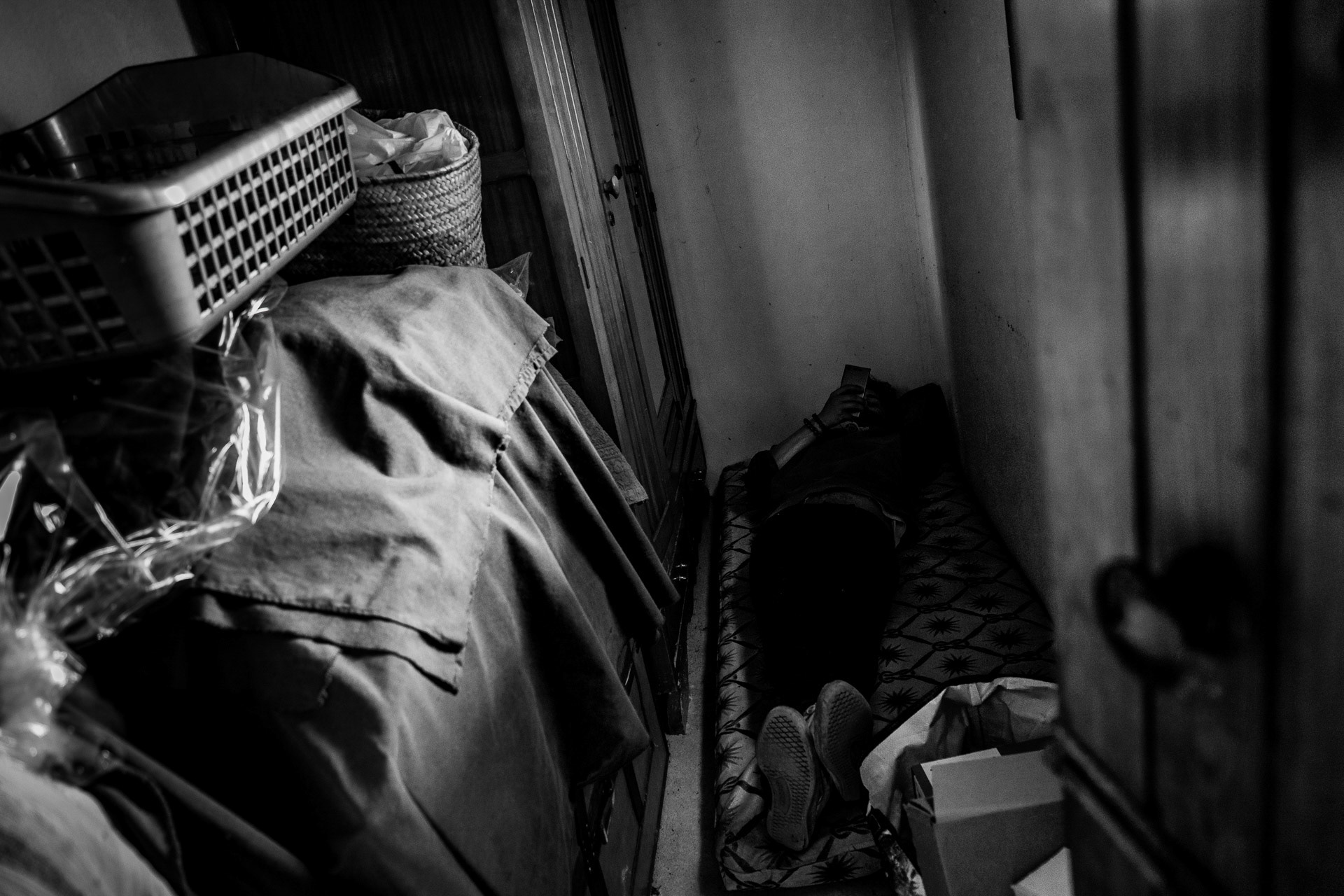
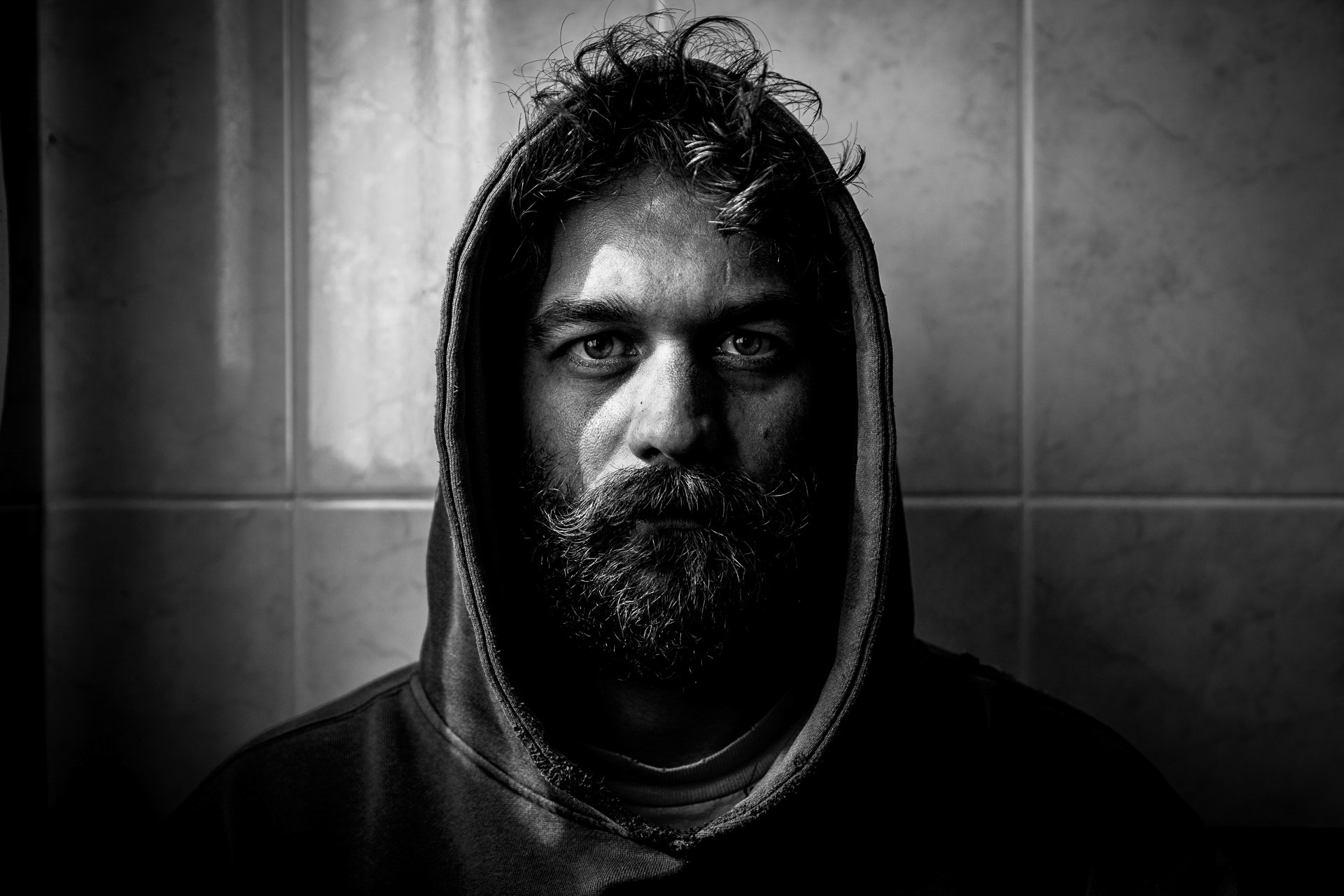
Photography, even in its photojournalistic and documental discourses, is not factual: there are decisions on the spot, there is plasticity in the process, distortions, extensions and cuts occur. Thus, photography as a form of representation is never in the domain of innocence, feasibility and impartialness. Those who see it do not choose what they are going to see, but who photographs do, in a determinant a priori. Everything that is beyond the corners of the image, the frame's space-time cut, is canceled in the soundtrack of a shutter click. However, as spectators we only respond to what the photographer shows us, even though the (almost) everything nullified by these photographic violences being the sign of a greater understanding. Currently, and with the digital spraying of the image, the photographic indexical power of the past is lost even more, in rounds of cut and paste aesthetics and various manipulations which will always be doubtful if absent.
This brings us to the question: how is reality presented and represented? How do you show, in the most objective way possible, a vision of the world, of life, of people? The answer remains in the intentionality and dramatic quality of the proposal.
Inserted in the social context of the pandemic, this proposal points to a dramatization of what will be the reality of many. Many will have difficulties, will eat badly, will be deprived of adequate housing, will suffer... Francisco José (real name) is one of those people.
Photography is always about the past. From the moment the image is captured, it becomes history. Francisco could be me, as could be someone else who the pandemic will brand his life with. This project is thus about tomorrow and this whole context, which makes it predictable.
Back to the present. Because everything that a photography will never cease to be, is just and only a photography.

